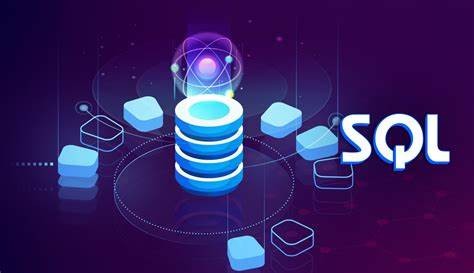

SQL Fundamentals
Data Manipulation
Joins and Subqueries
Transactions and Locking
Database Design
Querying Data
Data Integrity
Our "SQL Training" program is designed to provide participants with a comprehensive understanding of SQL, the standard language for managing and querying relational databases. Whether you're a beginner looking to learn SQL from scratch or an experienced database professional seeking to enhance your skills, this course offers a structured curriculum that covers all aspects of SQL database management and querying.
Through a combination of theoretical concepts, practical examples, and hands-on exercises, participants will learn how to design and manipulate relational databases using SQL commands and techniques. From creating databases and tables to querying and manipulating data, our expert instructors will guide you through the entire database management process.
By the end of the training, participants will have the knowledge and skills to confidently work with SQL databases and perform a wide range of database management tasks.
SQL Fundamentals: Understand the basics of SQL, including its syntax, data types, and key concepts.
Database Design: Learn principles of database design, normalization techniques, and entity-relationship modeling.
Data Manipulation: Explore SQL commands for retrieving, inserting, updating, and deleting data in relational databases.
Querying Data: Master the SELECT statement and learn advanced querying techniques for filtering, sorting, grouping, and aggregating data.
Joins and Subqueries: Understand how to use joins and subqueries to combine data from multiple tables and perform complex data manipulations.
Data Integrity: Learn about constraints such as primary keys, foreign keys, and check constraints to maintain data integrity.
Transactions and Locking: Gain insight into transaction management and concurrency control mechanisms.
Views and Indexes: Explore advanced database objects like views and indexes for enhancing query performance.
Stored Procedures: Understand the concept of stored procedures and how to create and use them for data processing.
Database Administration: Learn basic database administration tasks such as user management, backup and recovery, and performance tuning.
No Data Found!
No Data Found!
No Data Found!
No Data Found!
No Data Found!
No Data Found!
No Data Found!
No Data Found!
No Data Found!
No Data Found!
No Data Found!
No Data Found!
No Data Found!
No Data Found!
No Data Found!
No Data Found!

0 Reviews
Niranjan Sivathapandian
